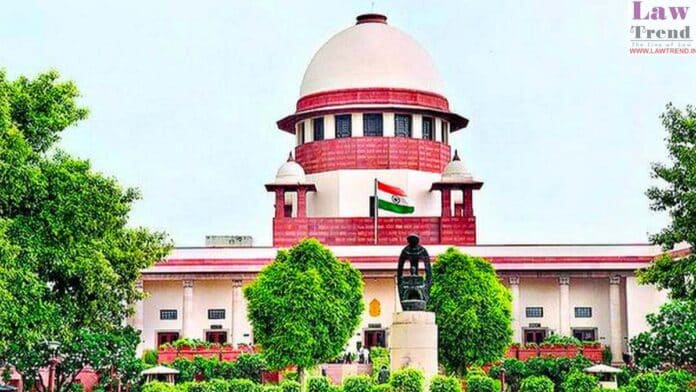The Supreme Court of India recently delivered its judgment in Boltmaster India Private Limited & Anr. vs. The Board of Directors of Union Bank of India & Ors., Writ Petition (Civil) No. 7/2025. The petition, filed by Boltmaster India Private Limited, raised significant questions surrounding the enforcement of rights under the Micro, Small, and Medium
To Read More Please Subscribe to VIP Membership for Unlimited Access to All the Articles, Download Available Copies of Judgments/Order, Acess to Central/State Bare Acts, Advertisement Free Content, Access to More than 4000 Legal Drafts( Readymade Editable Formats of Suits, Petitions, Writs, Legal Notices, Divorce Petitions, 138 Notices, Bail Applications etc.) in Hindi and English.




